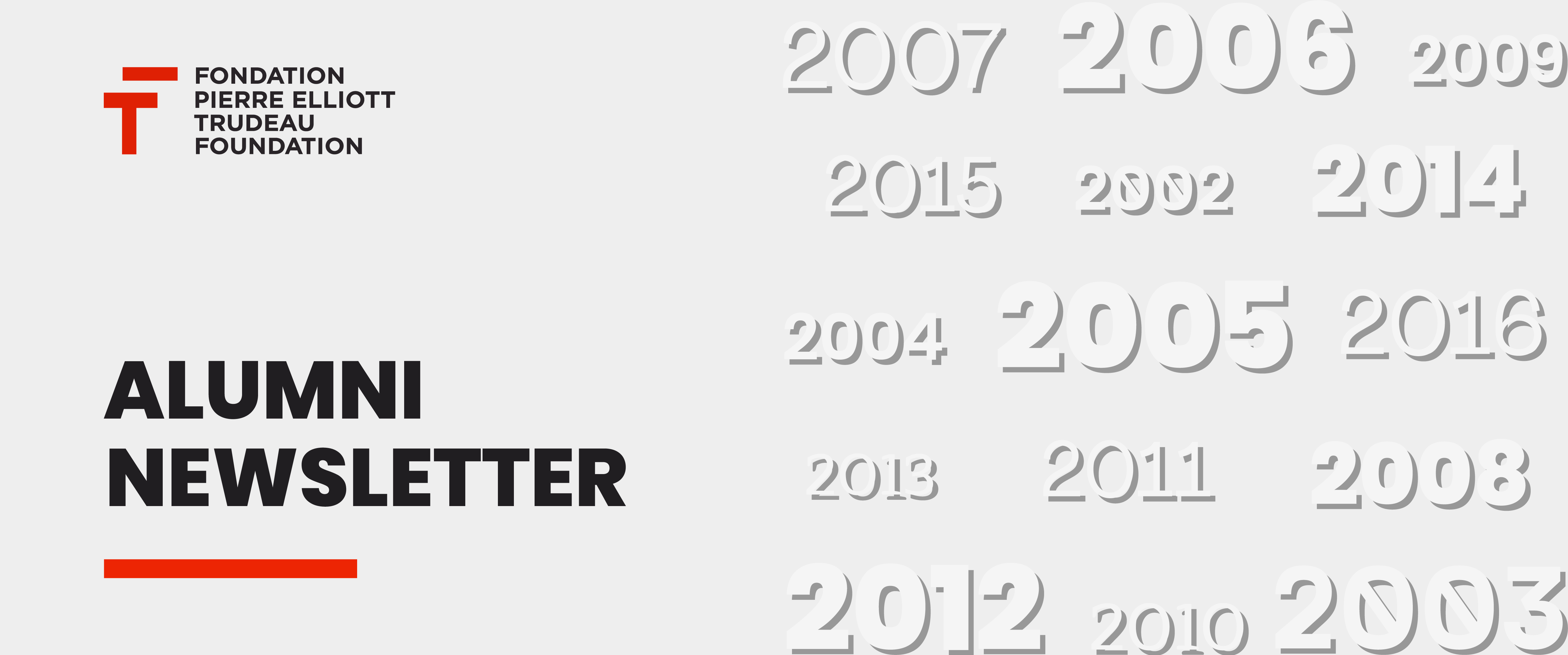
Spaces of Affect and Change: Reflections from the Editors

“Quelle joie d’aller vers d’autres rives, même douloureuses !”
[What joy to go to other shores, however distressing they may be]
Dany Laferrière in Vers d’autres rives
To talk about joy at a time of crisis, when the COVID pandemic and climate change continue to wreak havoc, may seem like an escapist or frivolous turn away from the trouble. Instead, and following myriad traditions of feminist ethics and activism, this third installment of the PETF Alumni Newsletter seeks to spark a critical and creative conversation about joy from an aesthetic and ethical perspective. In an attempt to stay with the trouble, following Donna J. Haraway’s phrasing, we opened up the call for contributors with three central questions: How can we carve collective spaces of joy at a time of struggle? Can joy become a subversive tool of resistance? Can joy lead to transformative social change? The pieces we collected engage with and create spaces of joy and other affects that emerge out of various encounters: Dyane Adam, 2008 Mentor, and Jason Luckerhoff, 2006 Scholar, convey their joy and excitement as they share their experience with the creation of the Université de l’Ontario français (UOF), an institution that will “not only contribute to the development and the flourishing of [Ontario]’s francophone community, but will also pave the way to fruitful collaborations within Canadian and international Francophonies.”
Similarly, Luckerhoff shares his deep commitment for accessible and inclusive research in his presentation of the open-access platform Coalition Publica, “a game-changing initiative for scholarly publishing in Canada.” Turning to poetry, Megan Daniels, 2012 Scholar, shares her experience of reading a poem by the Beat poet Jack Gilbert in embodied and affective ways. Echoing the words of 2008 Mentor Sylvia D. Hamilton, Daniels’ piece speaks to the vitality and resilience of poetry. This intimate and personal account allows Daniels to find in the poem a form of joy “that compels to actively participate” in the world, thus directly connecting affect to ethics in Spinozean fashion. Jonas-Sébastien Beaudry, 2009 Scholar, continues to take us into the ethical realm in his reflections on his recent book The Disabled Contract: Severe Intellectual Disability, Justice and Morality. While observing that the logic of contractual thinking leaves little space for human affect, Beaudry instills hope by suggesting, as evoked by the French Cubist painter Roger de la Fresnaye’s Homme Assis, that the social contract can always be written anew to establish a more just and inclusive society.
As 2011 Scholar Danielle Peers reminded us in a previous iteration of the PETF Alumni Newsletter, “this pandemic has made clear that eugenics, white supremacy, and colonialism are alive and well-intertwined”. Their words are vital to understand how anger and rage have historically been powerful tools of resistance for systematically marginalized communities as a way to respond to slow and fast violences (Nixon, 2013). Black feminist theorists such as Audre Lorde, together with trans studies scholars such as Hil Malatino, among many other public intellectuals and activists, center their aesthetic and political practices on redefining anger and rage as vital for life beyond survival. Peers, at the same time, directs readers to that other side of pandemic time which is “an intimate, joyful, daring, mischievous, irreverent, radically interdependent and prefiguratively crip side”. Beaudry, for his part, uses visual art as a medium to reveal the “oppressive potential” of the social contract tradition, and to open the discussions on transformative “social and political arrangements” that would better account for affects “such as love, care, concern, empathy, and solidarity with and for vulnerable members of our families and communities.” After all, as 2006 Scholar Rajdeep S. Gill and artist Fabiola Nabil Naguib pertinently asked in the second edition of this newsletter, “What if love was more consciously, openly and widely activated as a methodology for change? What if we energized our most profound feelings and knowings, rewilding our hearts, as a map for self and world enquiry?”
As the pieces in this newsletter illustrate, together with the theoretical archive we draw from in these opening reflections, it is key to convey how these negative and positive affects are intimately intertwined, in order for us to think about them in tandem, as inseparable from each other. It is this paradoxical richness of the affective world that can lead to action and change, as Sara Ahmed’s figure of the feminist killjoy teaches us. Affects are indeed porous and contagious, 2018 Scholar Grace Nosek tells us in the Panel Potluck podcast in relation to the climate movement where she found “love, laughter, grief, tragedy, wild hope and, above all, community.” We therefore hope that this new edition of the alumni newsletter encourages a discussion among the PETF community about the complex textures of joy and other affects, to borrow the words of the artist and writer Akwaeke Emezi.



